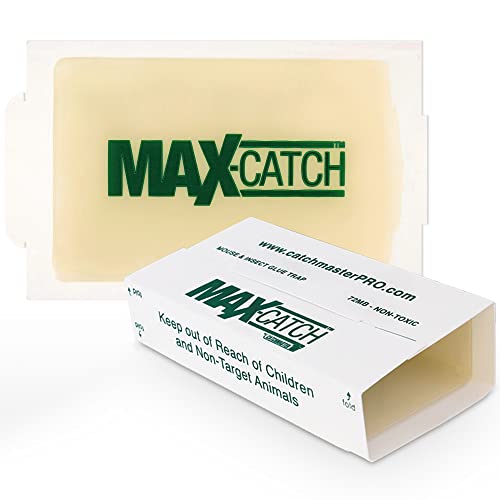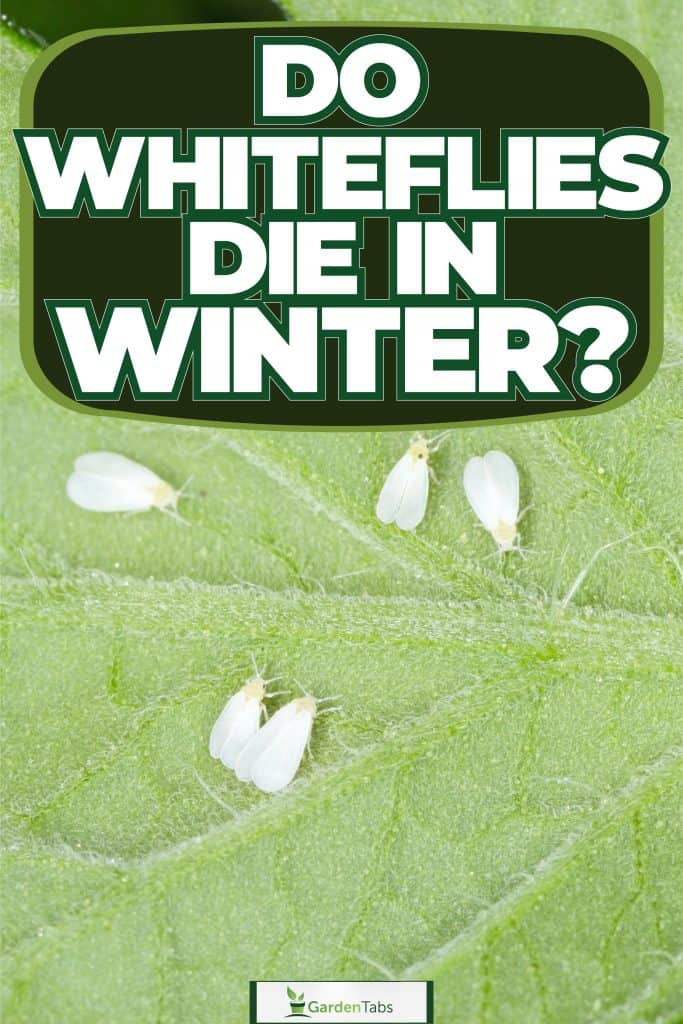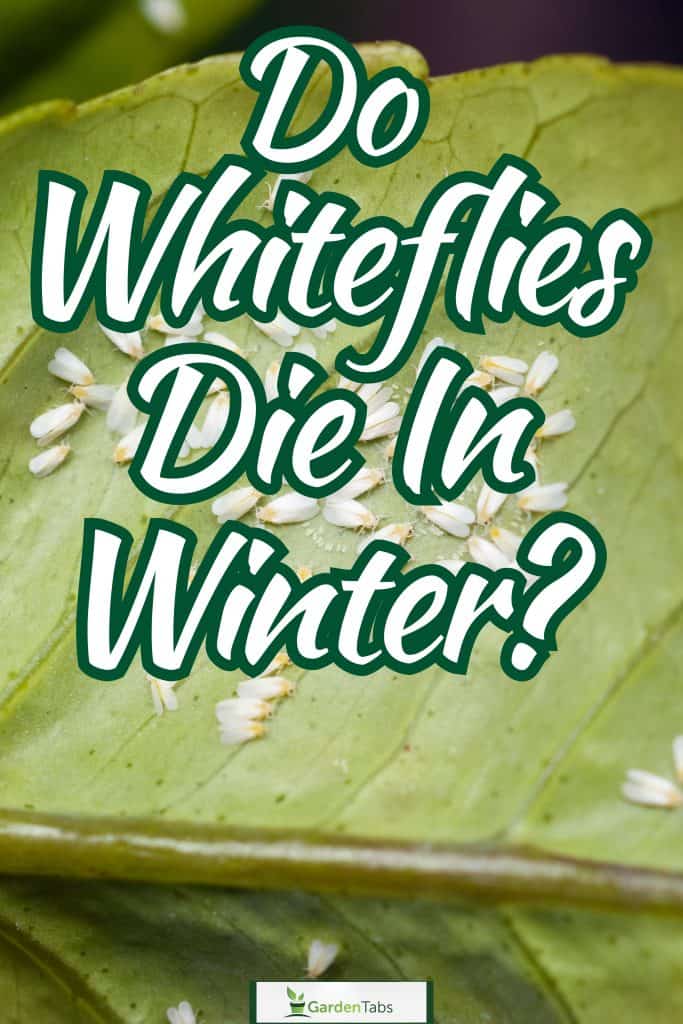Whiteflies are one formidable enemy of plants because they'll make plants wilt, turn yellow, and eventually die. You may not be aware of it, but 75 out of 1,500 whitefly species thrive in the Southeastern part of the United States. And since it is the case, most gardeners ask if whiteflies die in winter. After thorough research, we determined the answer.
Approximately 90% of adult whiteflies can die within three hours at 21 degrees Fahrenheit, while 90% of whitefly nymphs would require 57 hours at the same temperature to vanish. However, when it comes to the whitefly eggs, it will take much longer.
In other words, the lower the temperature, the more likely it can quickly kill whiteflies.
If you don't have enough knowledge about whiteflies, it is time to familiarize yourself. And to do that, it would be best to keep reading as we will discuss their characteristics, what damage they can inflict, and how to prevent and get rid of them. And without further ado, let us delve into the details!
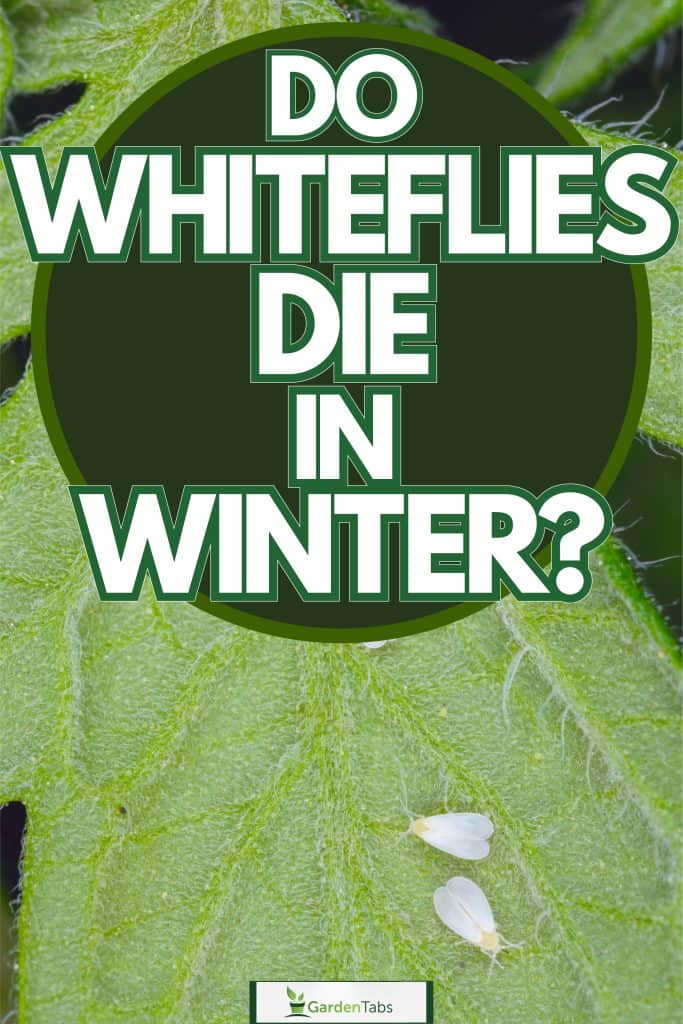
The Origin Of 'Whiteflies'
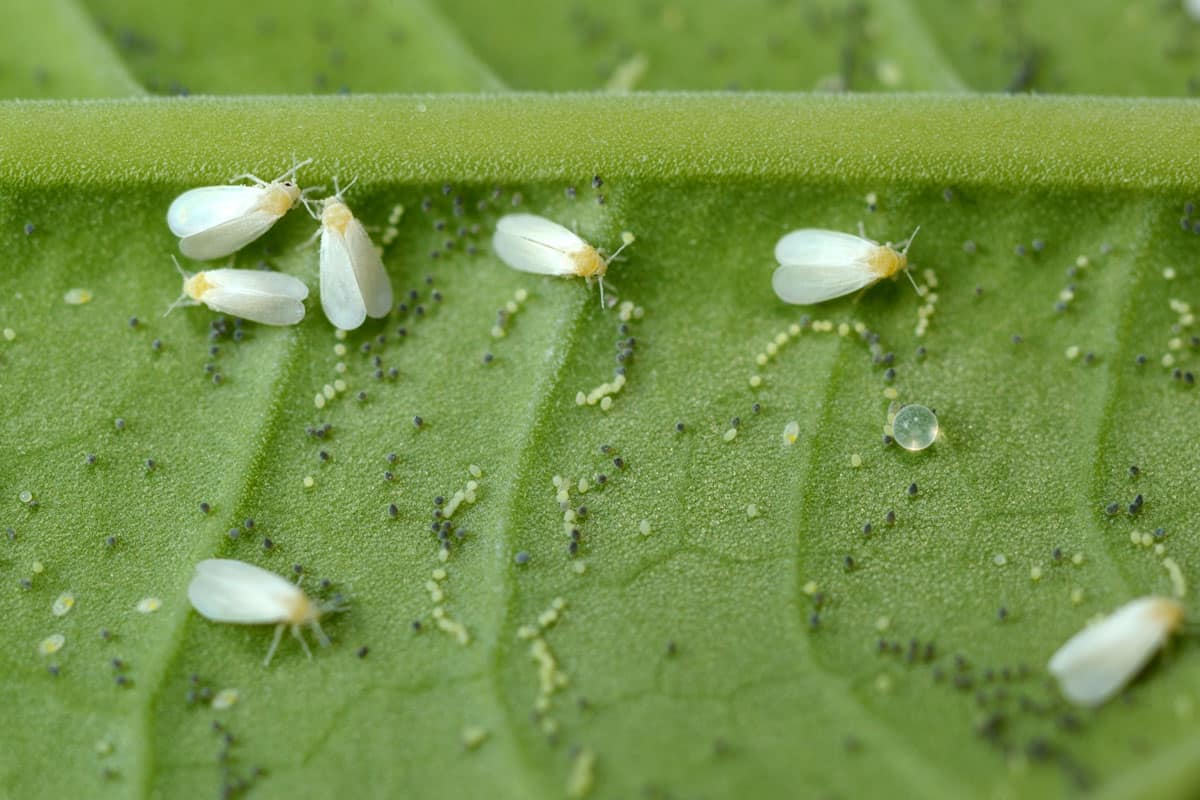
In adulthood, whiteflies develop a thin, chalky, or flour-like white wax covering their wings and body. Their name originates from their appearance. Whiteflies aren't true flies, despite their namesake. They possess wings and can fly, but that's all they have in common with flies.
What Are The Most Common Whitefly Species?
Although we have mentioned earlier that there are more than 1,500 species of whiteflies globally, the most familiar species you can find are the following:
- Bandedwinged
- Citrus
- Giant
- Silverleaf
- Greenhouse
What Are The Characteristics Of Whiteflies?
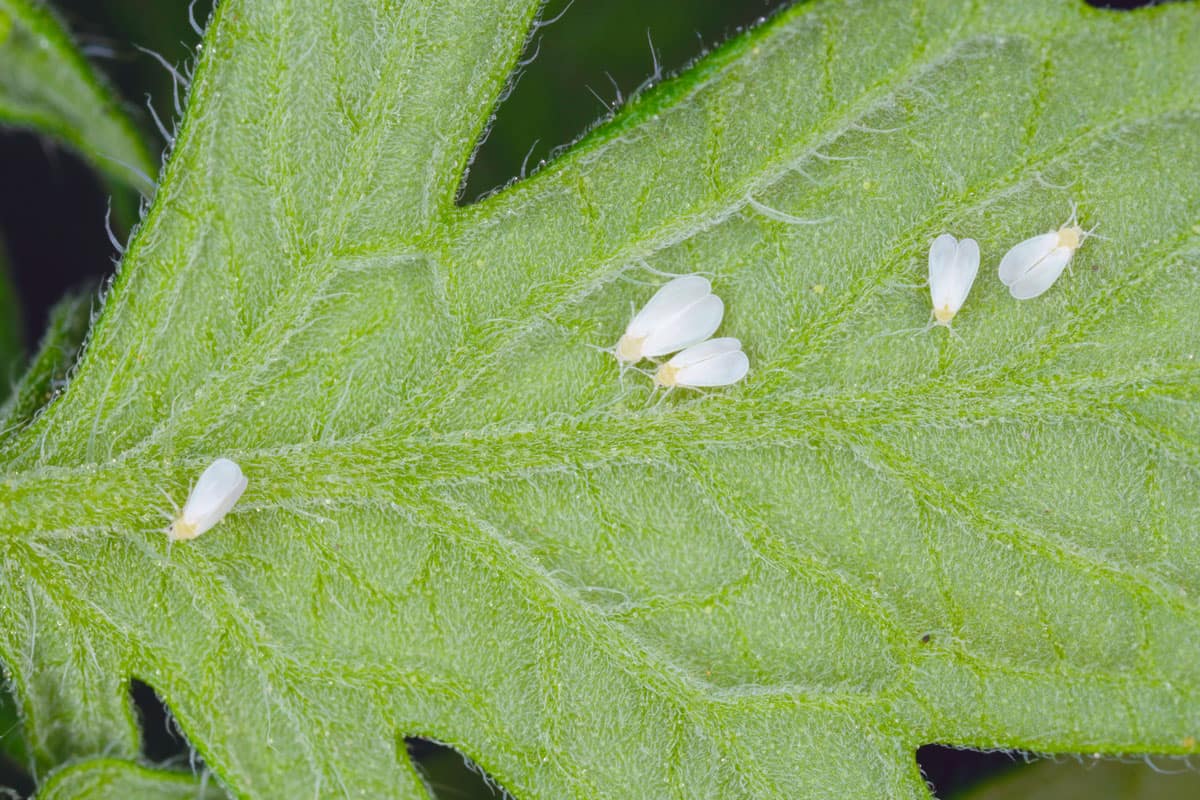
These tiny pests measure approximately 1/12 an inch in length, have a triangular form, and tend to congregate beneath the leaves.
Unfortunately, people frequently misidentify whiteflies as aphids. Whiteflies are lively throughout the day and flee when agitated. Since whiteflies prefer hot, humid temperatures, we typically encounter them in the summertime.
Plants Commonly Infected By Whiteflies
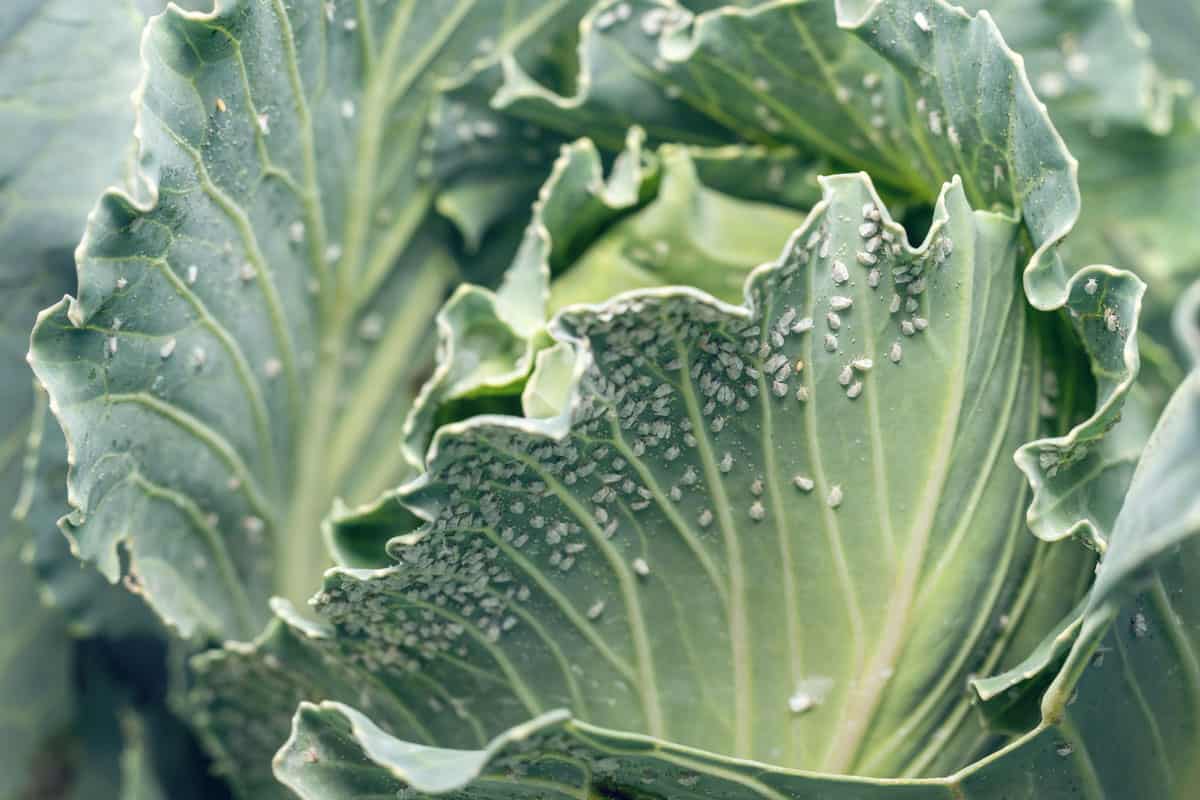
Whiteflies frequent houseplants and outdoor plants, alike, particularly those with smooth textured leaves. Some whitefly species feed on the sap produced; for example, citrus plants and gardenias. Whiteflies seem to enjoy warm-season vegetables most, including the following:
- peppers
- tomatoes
- eggplant
- okra
- sweet potatoes
- cabbage
What Damage Can Whiteflies Inflict?
Whiteflies use their sharp mandibles to extract plant liquids, which they then convert into and excrete as honeydew. And it is something that aphids also do. This slows plant development and causes foliage to yellow. Honeydew, if left unchecked, can lead to the development of fungal infections such as sooty mold on the plant's foliage.
Will Whiteflies Die During Cold?
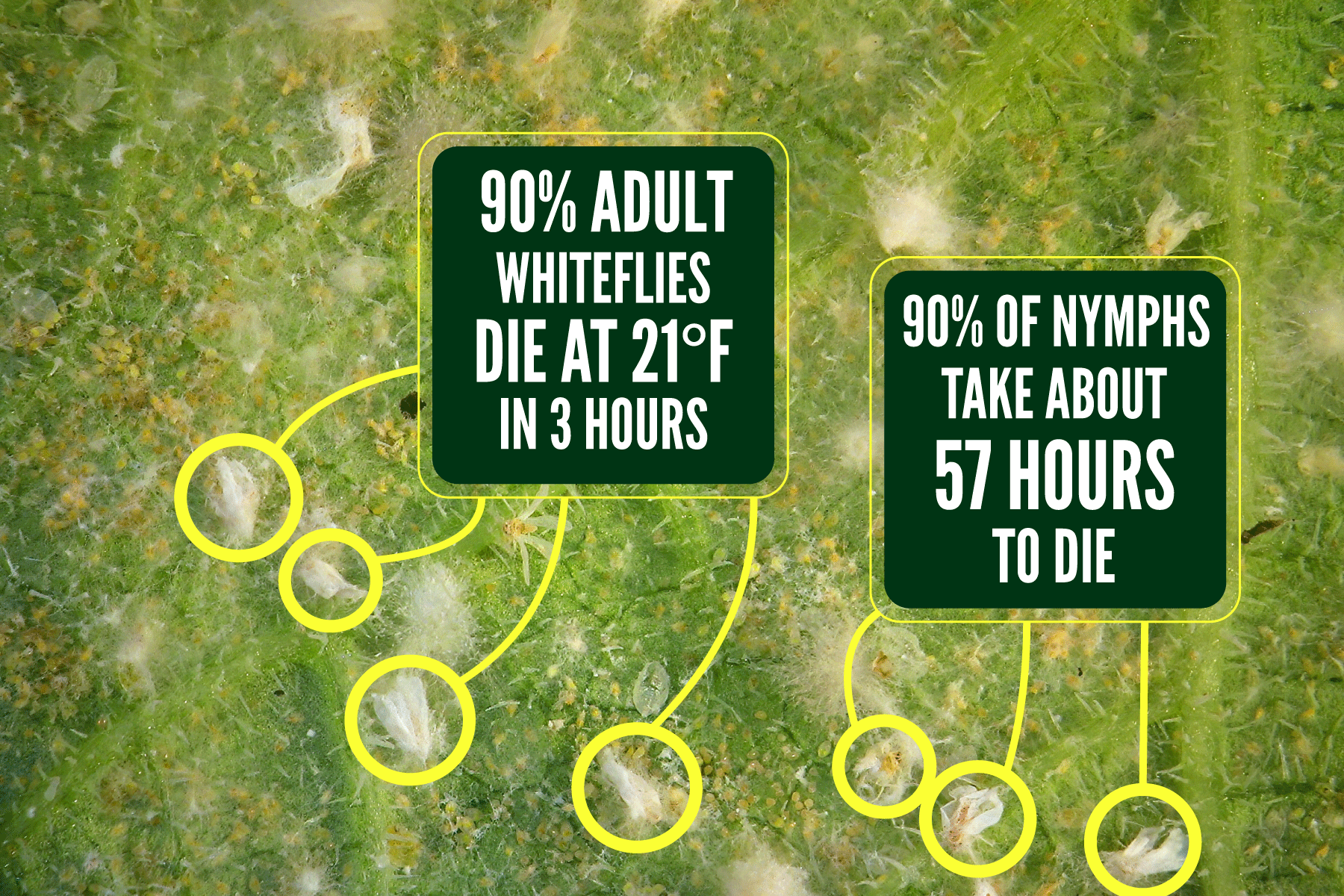
As mentioned, approximately 90% of adult whiteflies die in three hours at a temperature of 21 degrees Fahrenheit, while 90% of the nymphs would need 57 hours at the same coldness to die. Always remember that the colder the temperature is, the more easily it can wipe out whiteflies.
To look on the positive side, if you destroy the plant, you will also destroy the insects' larvae and pupae.
How To Check For Whiteflies In Plants?
Inspect the leaf bottom part, particularly the areas close to the plant's veins. If you can't see any whiteflies, touch the underside of the leaf for honeydew. If whiteflies are feasting, they will soon swarm off the foliage.
You can also look for larvae underneath the leaves. It signals the impending birth of a brand-new whitefly batch. And you should be aware that a healthy adult female can lay anywhere from 200 to 400 larvae, which will mature anywhere from a week to a month later.
Larvae will develop and resemble little white ovals lacking legs. They do not even budge an inch, yet they begin draining the plant fluid the second they find it.
How To Get Rid Of Whiteflies?
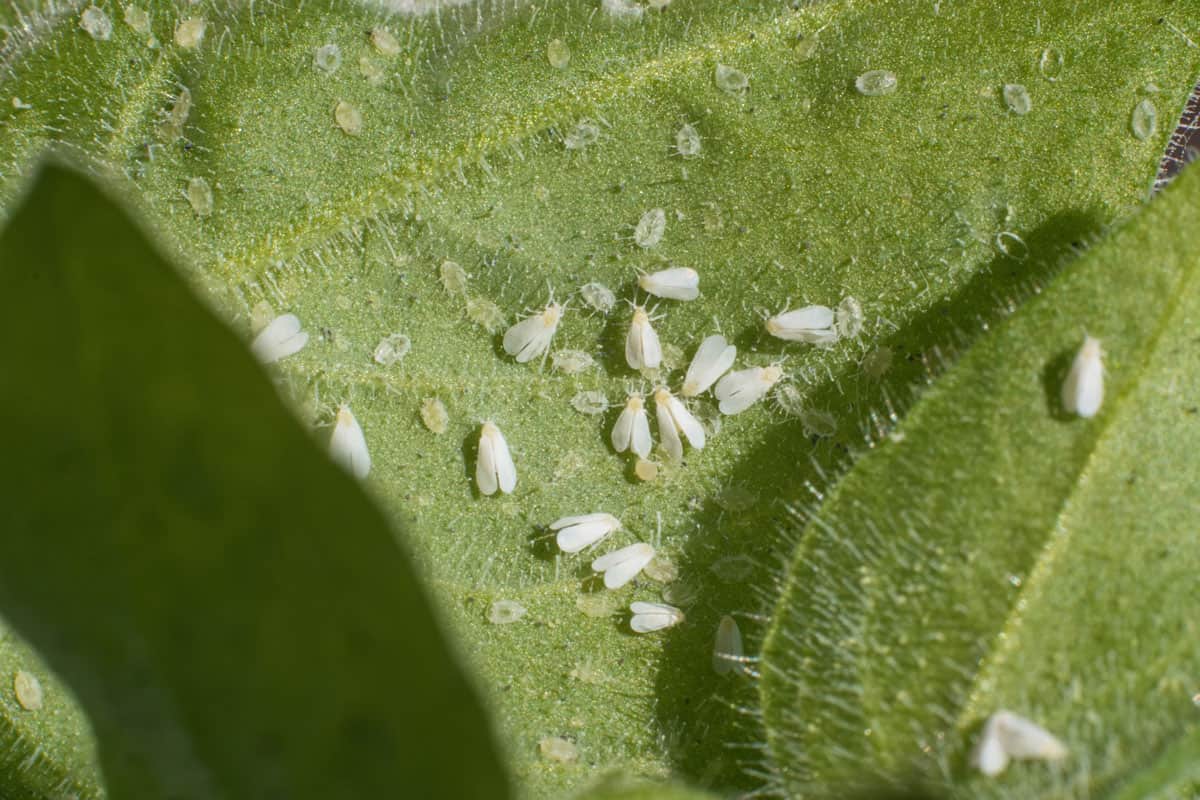
Note that you can prevent or get rid of whiteflies in the same way as other pests: by putting up good protection. Whiteflies will be more likely to infest plants under strain, such as ones under-planted, than healthy ones. So, it would be best to keep your plants in excellent condition, and pests will be less likely to attack them.
There are various options for eliminating whiteflies from your houseplants. Insects of this type are infamous for gaining tolerance to insecticides, even natural ones. Therefore it is best to start with mechanical measures. Check the details below:
Use Insecticidal Soap
Insecticidal soaps are one practical approach to removing whiteflies from your plants. Good thing that you can either purchase or create one. If you prefer making your own, you should use a dishwashing liquid. However, it is advisable to ensure that the dish liquid is free from additives that might cause damage to your plants.
Create a mixture of the dish liquid and water, making a weak concentration. You can mix one teaspoon of dish soap per gallon of water.
Making this approach will not totally kill all the whiteflies but will control them from infesting a broader area of the plants.
Set Sticky Traps
If you've tried sticky traps to get rid of houseflies, you can apply them to whiteflies. If you can, hang it from the affected plant and use it as directed in the instructions. To the same end, sticky traps affixed to planters will do the trick.
Check out these sticky traps on Amazon.
Use Pyrethrin Spray
Pyrethrin sprays are harmless to apply to whitefly-infested plants. It is because it came from the infusion of the blossoms of chrysanthemum.
However, some of these pesticides, often known as pyrethroids, combine purified pyrethrin with other active compounds to enhance the pesticide's effectiveness. Please use extreme caution while employing these; they do not qualify as organic insecticides.
Use Neem Oil
It is important to note that neem oil is not only effective against insects but also acts as a fungicide and provides systemic advantages, which means that the plant actually absorbs some of the oil and is thus afforded long-term pest prevention.
Know that the Environmental Protection Agency has determined that neem oil is non-toxic to all plant species and that you can use it freely on edible and aromatic plants.
However, it is possible that neem, like insecticidal soap, will not wholly eradicate whitefly populations, but it will help. Sometimes, multiple submissions are highly advisable.
Check out this neem oil on Amazon.
Utilize A Spray Bottle To Mist Infested Plants
For tougher houseplants, you can put the pot into the sink and give it a good soaking with the sprayer attached to the tap. Expect to produce an excellent result in displacing the majority of whitefly adults, larvae, and eggs.
Carefully looking at each leaf and then thoroughly spraying it would be best.
Use A Vacuum
You may get rid of mature whiteflies by sucking them in with the hose connection of your vacuum. Make sure the whitefly eggs you vacuum up don't have a way to get out. However, when using the vacuum cleaner, it is advisable to be extra careful not to damage the plant. And you must do it as carefully and gently as possible.
Create A Homemade Spray Using Various Kitchen Ingredients
If you don't want to purchase pest spray, especially if it is out of your budget, you can opt for the most budget-friendly way. You can use onion, garlic, and cayenne pepper for this one.
All you need to do is get a blender, one teaspoon of cayenne pepper, a bulb of garlic, and one onion. Blend them until they turn into a paste. After that, put 0.25 gallons of water and let it sit for an hour.
Strain the mixture using a cheesecloth or strainer, then put a tablespoon of dishwashing liquid. To use as a spray for your plants' leaves, mix everything up thoroughly. A week's worth of refrigerated storage is possible for the blended ingredients.
How To Stop Whiteflies From Infesting Your Plants?
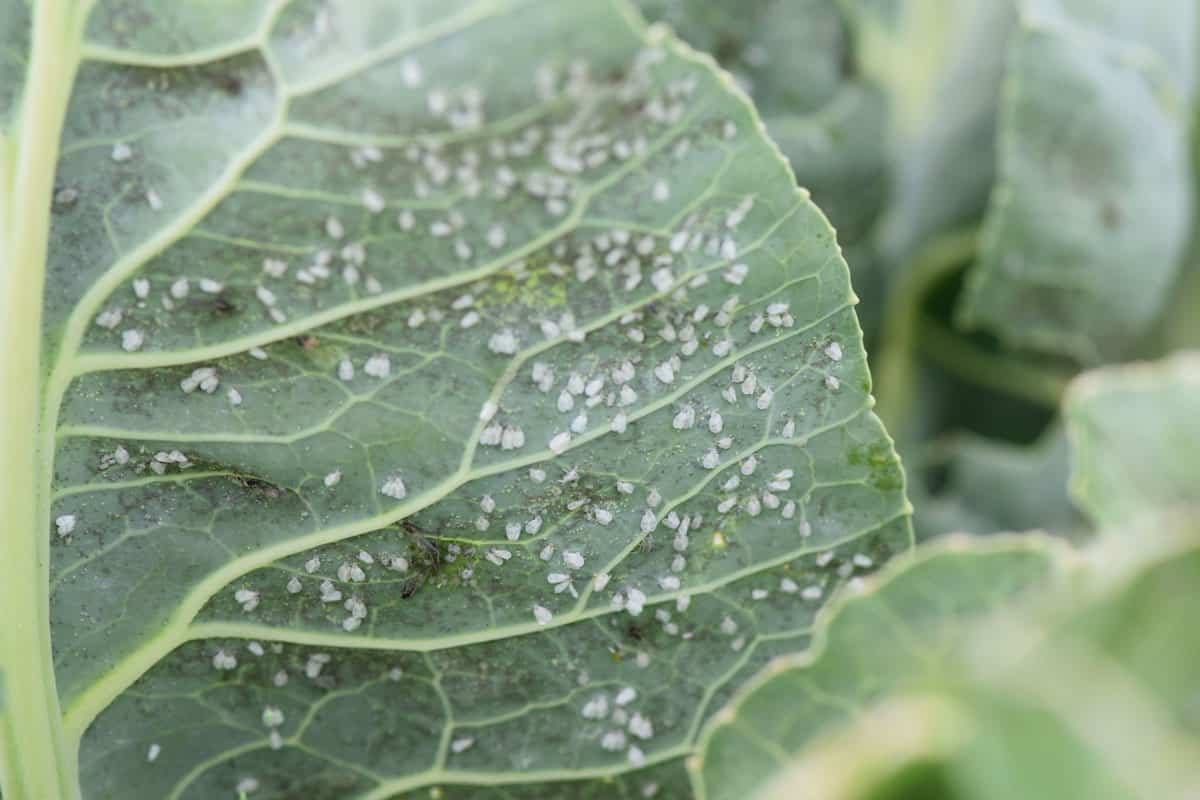
Never introduce a plant into your house without first checking it out. It is advisable to put them in a different room from other plants for several days.
Additionally, before attempting to bring infested plants inside, spray the outside of the container with pyrethrin or neem oil. And after settling the plants into their permanent indoor spots, it is crucial to check on them frequently and remove any infested leaves caused by whiteflies.
Moreover, you can still carry your plants outdoors, even during summer. All you need to do is incorporate natural predators, such as lacewings and ladybugs since whiteflies are susceptible to these predators. They will feed from the eggs of these pests. Spray the plants with neem oil or pyrethrin again if you are to bring them back indoors for the cold season.
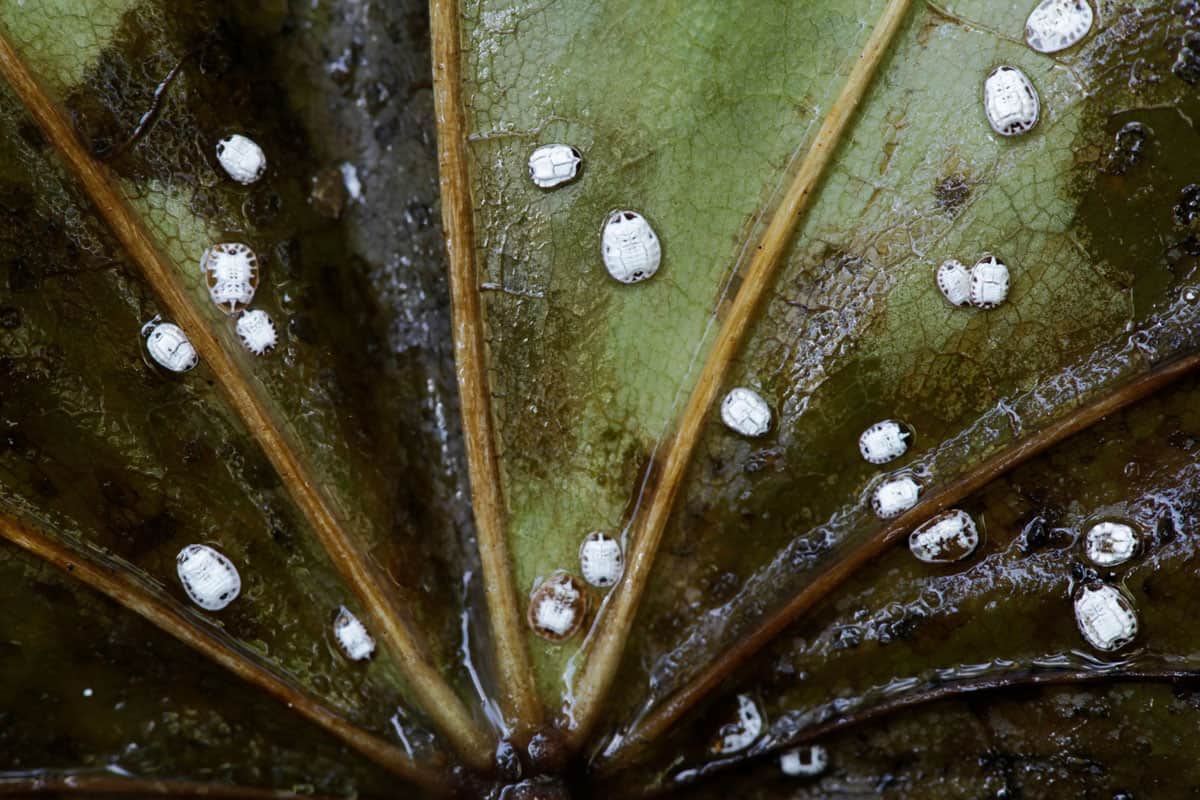
Some professionals believe that plants over-fertilized with nitrogen attract whiteflies and other pests, so decreasing the amount of food you give to plants may be an effective tactic.
Furthermore, you should be extra wise in incorporating companion plants. It would be best to plant the following that produce unwanted odor for whiteflies:
- Citronella
- Mint
- Sage
- Cilantro
Wrapping It All Up!
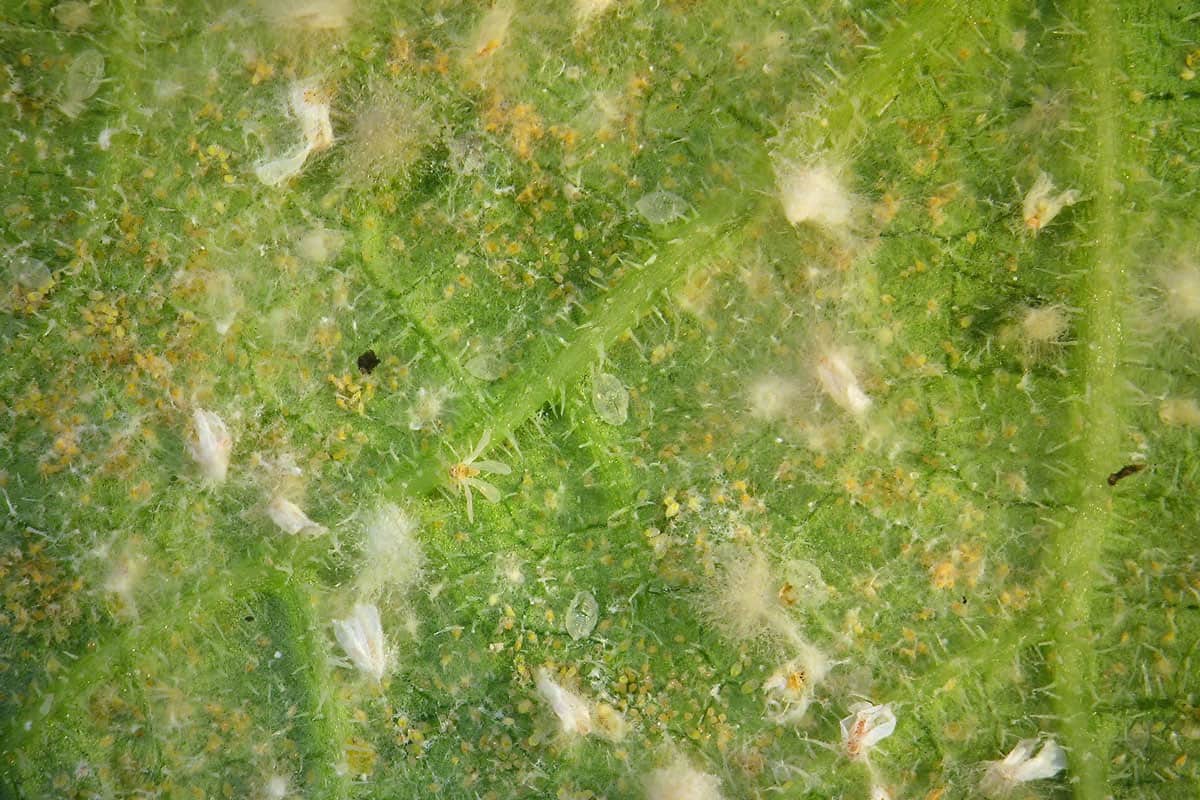
Whiteflies are easy to eliminate, especially if you follow one of the different approaches mentioned in this post. Additionally, you can take advantage of the cold season to kill them quickly and naturally.
You've finished the article! We hope you find this post helpful. If you wish to continue reading, you can check these posts out!
Pesticides Vs. Insecticide – Which Is Best For Your Home Vegetable Garden?

